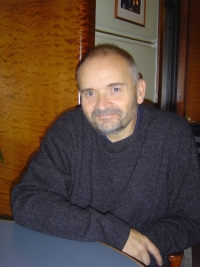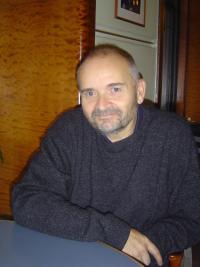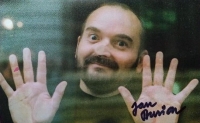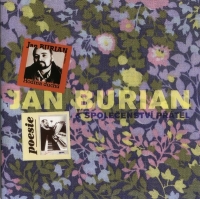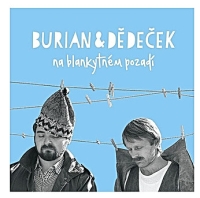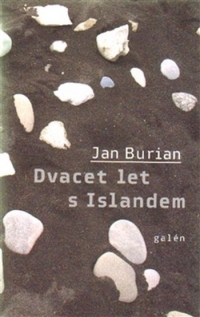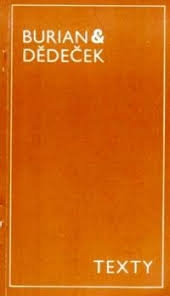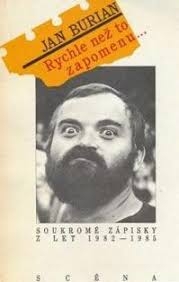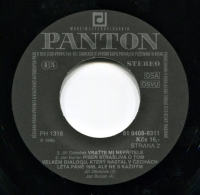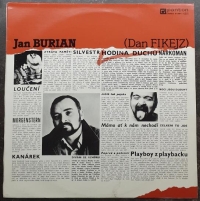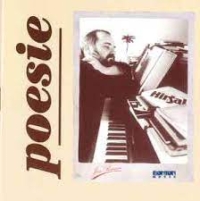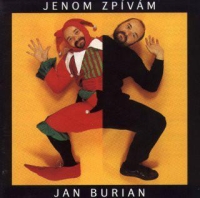“When the perestroika started and the communists felt they had to engage in a dialogue with folk singers, then Zdenko Pavelka came to us, he was as if a liaison for the communists, who was being sent to contact us, and I have to say sometimes he helped us against stupid communist officials, at other times he wrote something in order to improve his position among them, so he criticized the event in Lipnice, that’s an old story. This Zdenko Pavelka thus came to me, Merta and Miki Ryvola, proposing he would stage a roundtable discussion for the Tvorba program, this was in 1987, 1988. Asking us to come to the Rudé právo (Red Law) newspaper to make this interview. So we did come to their building, he came for us to the reception, and now we entered this courtyard and staircase, it was red, and everything was in red, the true headquarters of the most pro-regime, staunchest, craziest journalists whom we don’t even need to name, so we went there and Vláďa Merta, he was in some sort of a fighting mood, tells this Pavelka: ´I gotta look it over here, for the next time I come here it will be with a submachine gun.´ This was how the interview started. We were in this kind of wanton mood. This was the shifting of limits, you could not contain it. The only way to overcome it would really be only by drawing out that submachine gun. But they would have shot us for real, for it was still the time of tough dictatorship. But by saying this, I want to show you the loosening of restraints, for while on the stage, we were playing, testing, what each of us had the guts to say; there is evidence for it, some records, as it had been done then… And when somebody talks about how they were fighting the communism, I laugh at it, because we were fighting the communism with our mouths. Which is very little, right? We were no Mašín brothers, nothing like that, quite simply: without comparing things - we did not fight, we merely wanted to remain free and to say what we wanted. And we felt very good while doing this, because we were aware of the privilege we had. We knew very well that we did not have to go to work, we did not have regular working hours, we did not have to be in labour unions, we did not have to call anyone a comrade... Jiří Dědeček liked to call people comrades a lot when we got into some trouble, then he was addressing everyone as comrade, which was great fun. To put it simply, we lived in relative freedom and we were well aware of it.”
